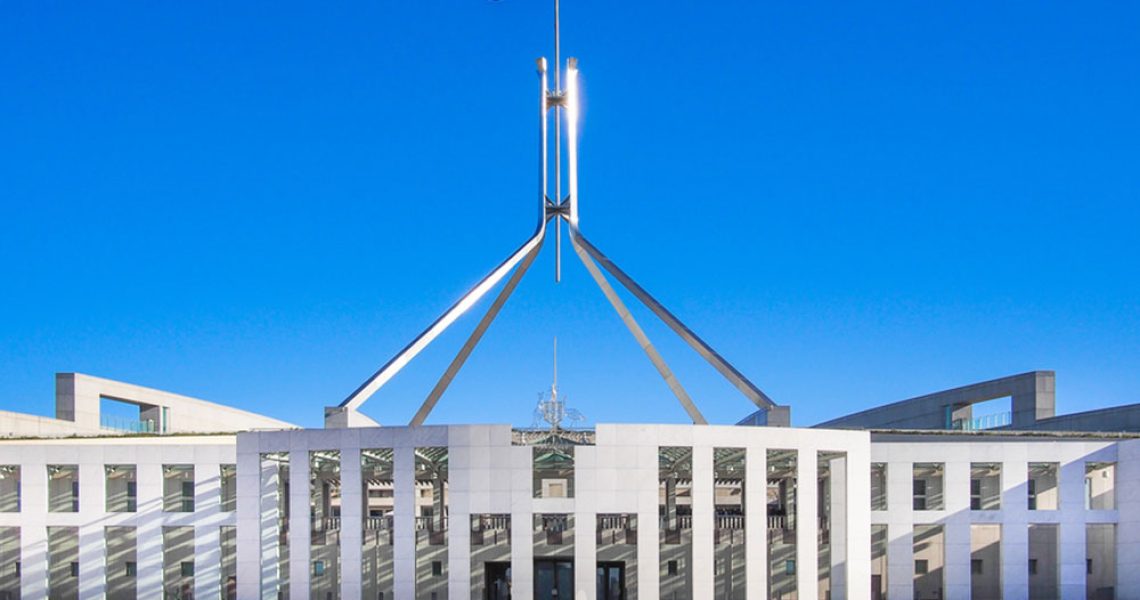The Australian Budget and Small Business
Now that the final details of the 2014-2015 Australian federal budget have been revealed, 2.3 million small business owners are wondering what lies ahead for them. Most agree that the overall federal budget is quite credible and small business owners are advised to take advantage of the incentives in the Australian budget before they dry up.
The Positives for Small Business Owners
In the Australian budget this year, compliance costs for businesses and individuals have been reduced. A target has been set by the government to reduce compliance costs by $1 billion each year. Company taxes are also set to reduce to 28.5 percent from 30 percent, which will be effective from July 2015. However, 1.5 percent will be levied on the taxable income of those earning over $5 million. The proposed change will allow businessmen to invest more in the growth of their organisations.
The retirement age in Australia is going to be increased to 70 years by 2035. This means that a large chunk of the Australian labour force will be made up of senior citizens. Small businesses that hire employers over the age of 50 years stand to gain an incentive from the government amounting to $10,000. This incentive is aimed at encouraging small business owners to hire older citizens.
There are also plans in the Australian budget to promote self-reliance and innovation in small businesses with a new Entrepreneurs’ Infrastructure Programme. This programme will help SMEs improve innovation, training and R&D activities due to increased government funding. Entrepreneurs will also learn how to use the Internet to help their businesses grow.
The Negatives for Small Business Owners
The fuel excise rate has increased, which can be a serious blow to businesses in the transportation industry. Increased excise rates also mean that businesses have to pay more for transportation and logistics. The fuel excise will be increased twice a year to account for inflation and this will help raise $80 billion for new roads as well as highways that the Federal government is planning on building. This will also help create new jobs.
This is the least popular component of the Australian budget as some businesses will be greatly affected while others will be able to offset the increased costs. Businesses based in Western Australia and businesses in the transportation, as well as agribusiness industries, will feel the pinch severely. However, reduced company taxes could help them cut down the negative effects of increased fuel excise.









